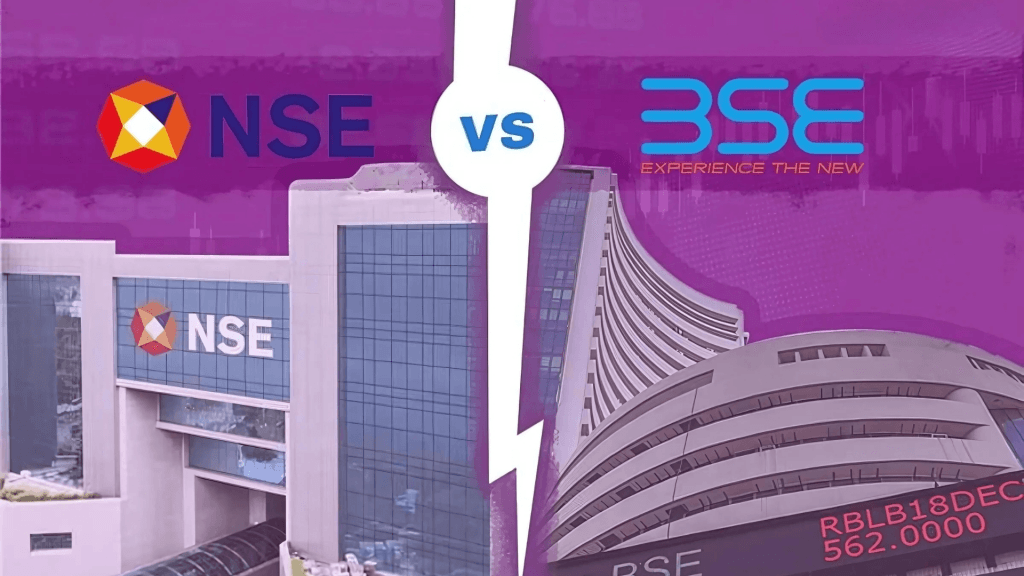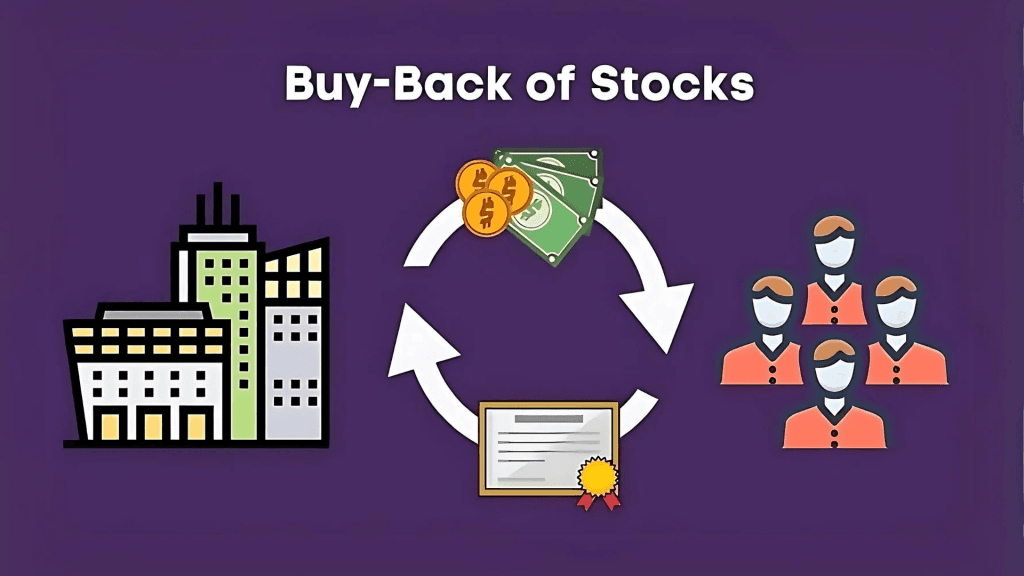Thursday 22 January 2026
Reforms in Indian Financial Markets from October 1, 2024
Share

Starting today, October 1, 2024, the Indian financial markets will implement several crucial reforms that investors should be aware of. The National Stock Exchange (NSE) and the Bombay Stock Exchange (BSE) have introduced new transaction fees for brokers across different segments, representing a notable change in trading costs.
According to a circular issued by the Securities and Exchange Board of India (SEBI) in July 2024, these changes are intended to create a more uniform trading environment.

The National Stock Exchange (NSE) and the Bombay Stock Exchange (BSE) are the two primary stock exchanges in India, both situated in Mumbai. The NSE, established in 1992, is recognized for its electronic trading platform. It is the largest stock exchange in India in terms of daily turnover and the number of traders. The primary index associated with the NSE is the NIFTY 50.
On the other hand, the BSE founded in 1875, is recognized as the oldest stock exchange in Asia and is famous for its benchmark index, the SENSEX. Both the BSE and its counterpart are vital components of the Indian financial market. BSE offers essential platforms for companies to secure funding and for investors to engage in securities trading.
For instance, the Bombay Stock Exchange has raised transaction fees for Sensex and Bankex options contracts to INR 3,250 per crore of premium turnover. Meanwhile, the National Stock Exchange (NSE) will charge INR 2.97 per lakh of traded value in the cash market and INR 1.73 per lakh for equity futures.
Additionally, equity options will incur a fee of INR 35.03 per lakh of premium value. These adjustments apply not only to stock exchanges but also to the Multi Commodity Exchange of India (MCX), which will implement revised transaction fees for futures and options contracts.

A significant reform being implemented today is the new taxation regime for share buybacks. According to the new regulations, income derived from share buybacks will be taxed as dividends. Thereby, it transfers the tax burden from companies to shareholders.
Consequently, shareholders will be taxed based on their individual income tax rates. It may lead to a higher tax liability than under the previous system. Previously, share buybacks were considered a tax-efficient strategy for companies to return capital to their investors. This change may alter the future decisions of companies regarding profit distribution.

To address the issue of excessive retail participation in derivatives trading, the government has decided to raise the Securities Transaction Tax (STT) on Futures & Options trading. The STT on Futures will rise from 0.0125% to 0.02%, while the rate for Options trading will increase to 0.1%. This decision was announced by Finance Minister Nirmala Sitharaman earlier this year. It is intended to moderate the swift expansion of derivatives trading among retail investors.
SEBI has also introduced a new framework for trading bonus shares, which includes a T+2 settlement period. Under this system, shares issued through bonus schemes will become available for trading only two days after the record date. This change is anticipated to improve liquidity and make it easier for investors to access their bonus shares more promptly.
The reforms implemented today, include new transaction charges, and modifications to share buyback taxation. Updated trading frameworks mark a substantial transformation in the Indian financial markets. Investors must reevaluate their strategies considering these new regulations. They may influence their trading expenses, tax liabilities, and overall investment strategies.






Newsletter
Stay up to date with all the latest News that affects you in politics, finance and more.